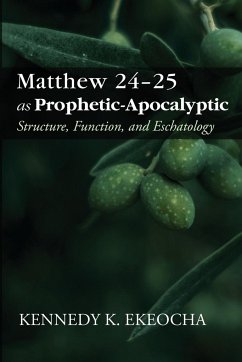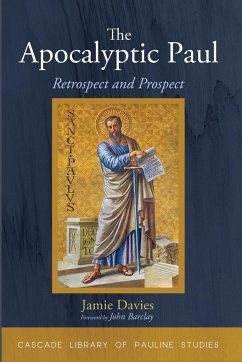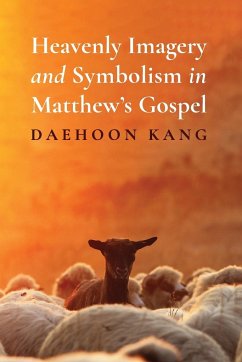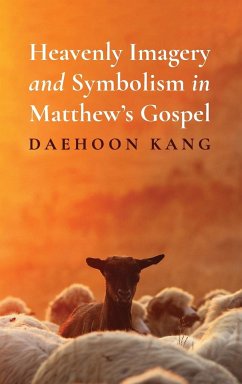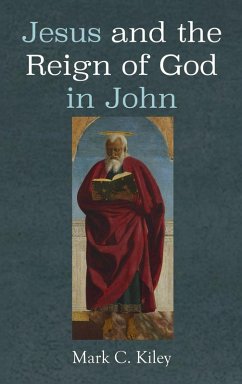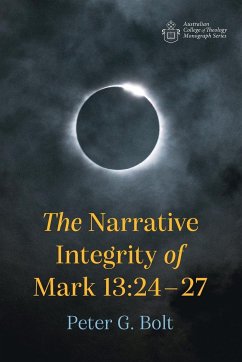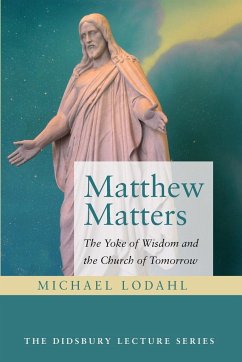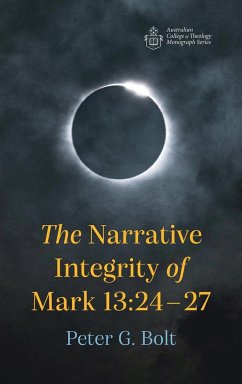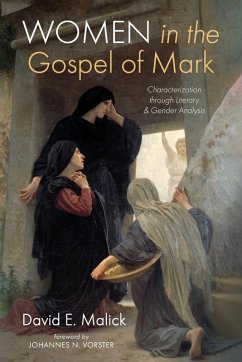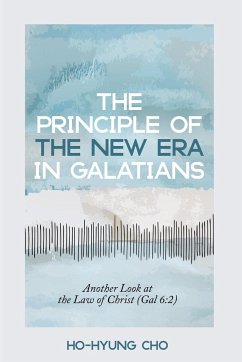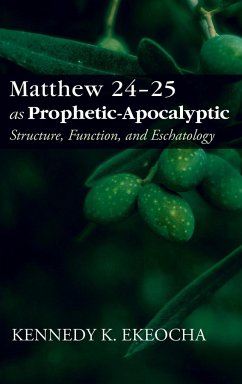
Matthew 24-25 as Prophetic-Apocalyptic
Versandkostenfrei!
Versandfertig in 1-2 Wochen
51,99 €
inkl. MwSt.
Weitere Ausgaben:

PAYBACK Punkte
26 °P sammeln!
Despite centuries of scholarly and popular engagement, much confusion still hangs over Jesus' Olivet Discourse. There is no consensus on the nature and meaning of the disciples' question in Matt 24:3. How is the temple's fate related to the parousia or second coming of Jesus? Is the Great Tribulation past, present, or future? Will Christians be raptured to heaven? Should you rather prefer to be ""left behind""? Combining inductive and discourse grammar approaches as bases for literary structure and analysis, this study is a holistic and compelling fresh interpretation of Jesus' eschatological ...
Despite centuries of scholarly and popular engagement, much confusion still hangs over Jesus' Olivet Discourse. There is no consensus on the nature and meaning of the disciples' question in Matt 24:3. How is the temple's fate related to the parousia or second coming of Jesus? Is the Great Tribulation past, present, or future? Will Christians be raptured to heaven? Should you rather prefer to be ""left behind""? Combining inductive and discourse grammar approaches as bases for literary structure and analysis, this study is a holistic and compelling fresh interpretation of Jesus' eschatological discourse that provides answers to these questions. The author shows that extant interpretive frameworks fail to adequately account for the biblical data. Moreover, and unlike the available treatments, the study sheds light on the discourse's structural and theological function within Matthew's Gospel as a whole and how it coheres with New Testament teaching in general.





